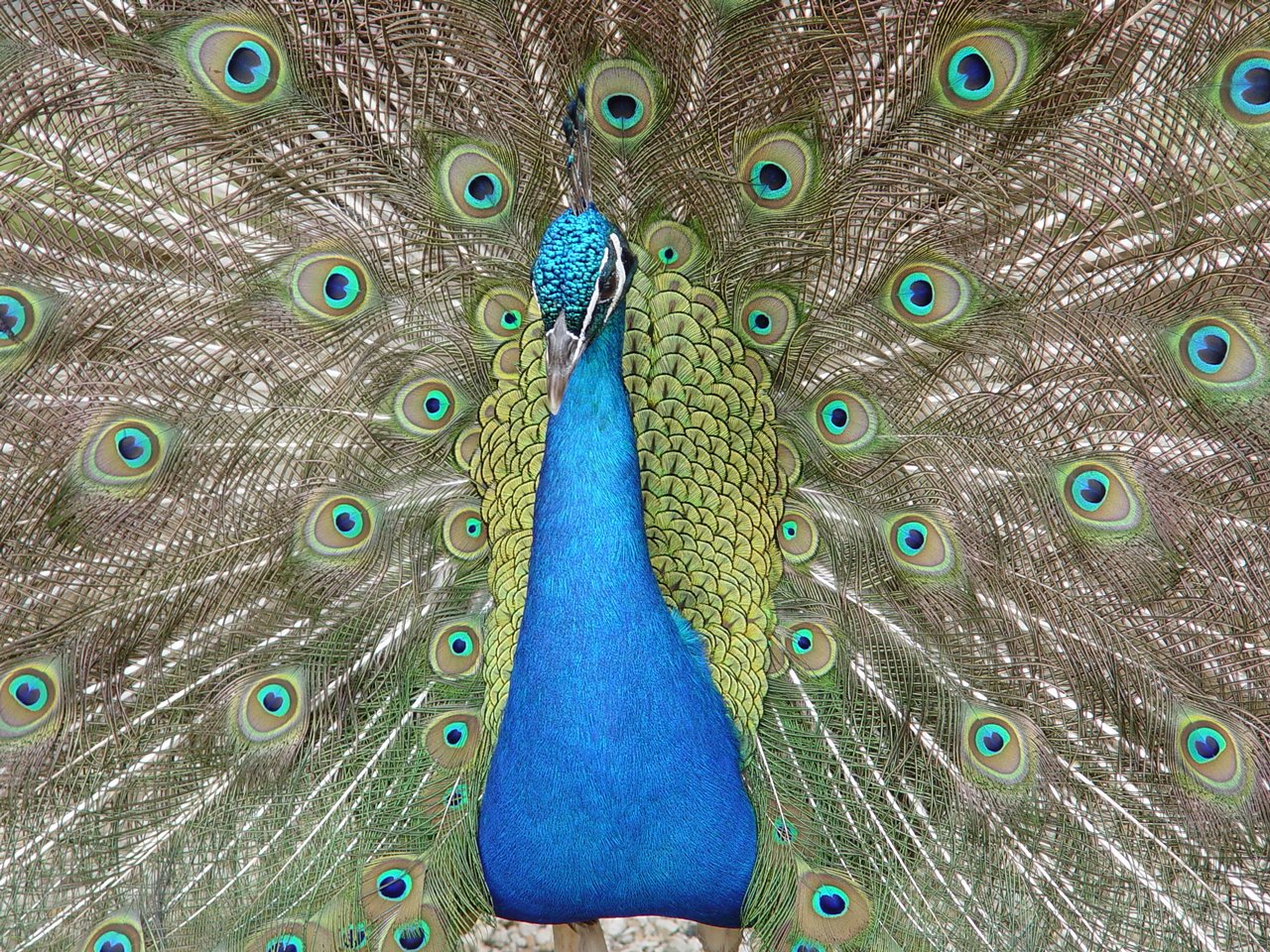Nature is beautiful and no person 'owns' it

Summary: The ongoing lobby for patents on nature (euphemistically referred to as "Life Sciences") carries on without reluctance; we must all challenge the notion that nature and life are human inventions which therefore merit patent monopolies
THIS post is not about the
EPO, but we could not help noticing that Oppedahl Patent Law Firm LLC is pushing patents on life at the EPO -- something which ought not be permitted as per the EPC. J A Kemp, another law firm, did
something similar lately. That ought to stop. Yesterday
Patent Docs published this advert:
EPO will look at the patentability of biotech/pharma subjectââ¬âmatter under the European Patent Convention (EPC) and discuss exceptions to patentability. The webinar will enable participants to draft claims that comply with the EPC encompassing subject-matter such as plants/animals, (stem) cells, microââ¬âorganisms, methods of surgery and diagnosis, antibodies and nucleic acids and medical uses thereof, personalised medicine and dose regimens. The webinar will also deal with PCT applications as the basis for European applications, including possible pitfalls.
Well, we wrote about antibodies last week (in relation to the EPO); patents on antibodies should be voided for quite a few reasons. Isn't nature
itself the prior art here? Does the public still need to be reminded that life/nature becomes some corporations' monopolies (divided among the large corporations)?
What on Earth? Why is this even allowed?
A site whose sole purpose seems to be advocating patents on life now
says that the "US [is] leading the way in patent filings for applications of synthetic biology" (i.e. copying nature in artificial form!).
To quote:
The US is leading the way in synthetic biology patent filings, according to a report released earlier this month from patent search software company PatSnap.
Synthetic biology is an area of research that encompasses the artificial design and engineering of biological systems.
According to the report, the US has the largest international patent collection within the applications of synthetic biology, (excluding patent offices serving multiple countries).
With 594 patents, it represents 25% of all filings. China placed second, with 335 patents (14%),.
Well, this "artificial design and engineering of biological systems" is based on nature itself. They're just copying bodyparts, so where's the invention? The production/fabrication itself? Those are general-purpose systems, not unique or limited to biology.
What on Earth? Corporate lobbying got them corporate monopolies.
We recently wrote about how
calling it "Life Sciences" (again and again, like the above domain/'news' site) helps them make it seem like life itself can be patented, discovered etc. That's nonsense. We're not even talking about chemistry (such as medicine) here. Yesterday
Patent Docs published this advert titled
"ACI Women Leaders in Life Sciences Law Conference" (here's that term again, "Life Sciences"). Coming from a site that's often pushing the agenda of patents on life, this did not surprise us.
Showing up again and again over the weekend is also
this article from
The New Indian Express, taking note of India's intolerance of patents on life as well as
software patents. India gets it right! Not everything needs to be patented! But the article pushes that ridiculous concept of poverty in terms of patents, as if patents can feed people (or they can eat "IP"). Right from the headline they carry on and on with that same old propaganda (IAM did a lot of that in 2017) and then they start talking about software:
It took Shubham Sharma (name changed) four long years to get a patent on software that he developed for his company. “On my seniors’ advice, I approached the authorities to get the software patented. But as soon as I filed the research paper on it, I faced a whole lot of regulatory issues. Finally, after all submissions, I got the patent,” the 35-year-old said.
Shubham blamed time-consuming laws and poor infrastructure for this. “In this age of technology, no one is willing to wait so long to get patenting work done. Moreover, there is a total lack of awareness about patent laws in India and the government seems to be doing nothing about it.”
Those two paragraphs reveal that the writer is clueless on these matters and merely parrots what patent maximalists asked to be said. It perpetuates this idea that patents on software are like registering a computer program and that one patent corresponds to a computer program (conflating it with copyrights). But don't expect to receive facts from such sites; they're being composed directly and sometimes indirectly by patent maximalists, published under the names of authors who merely assemble and edit words to come up with a propagandistic 'salad' of quotes, under the headline
"India's profile in global medical fraternity: Rich in research, poor in patents" (maybe India should feed its population with patents then rather than with salad and 'nourishment' of generic medicine). India is doing just fine! It's one of the very few countries in the world which actually get patent balance just about right.
⬆

